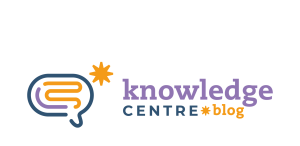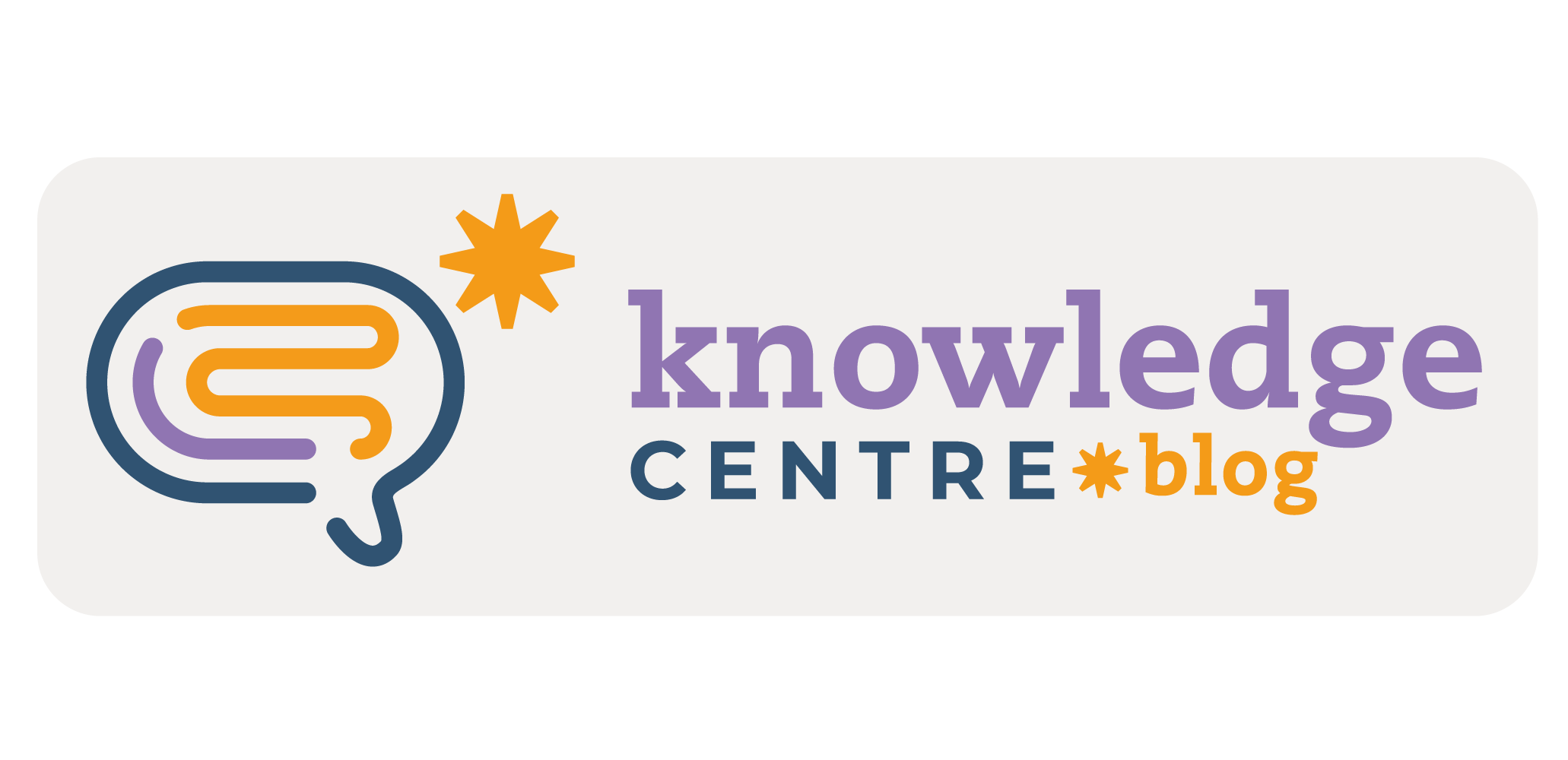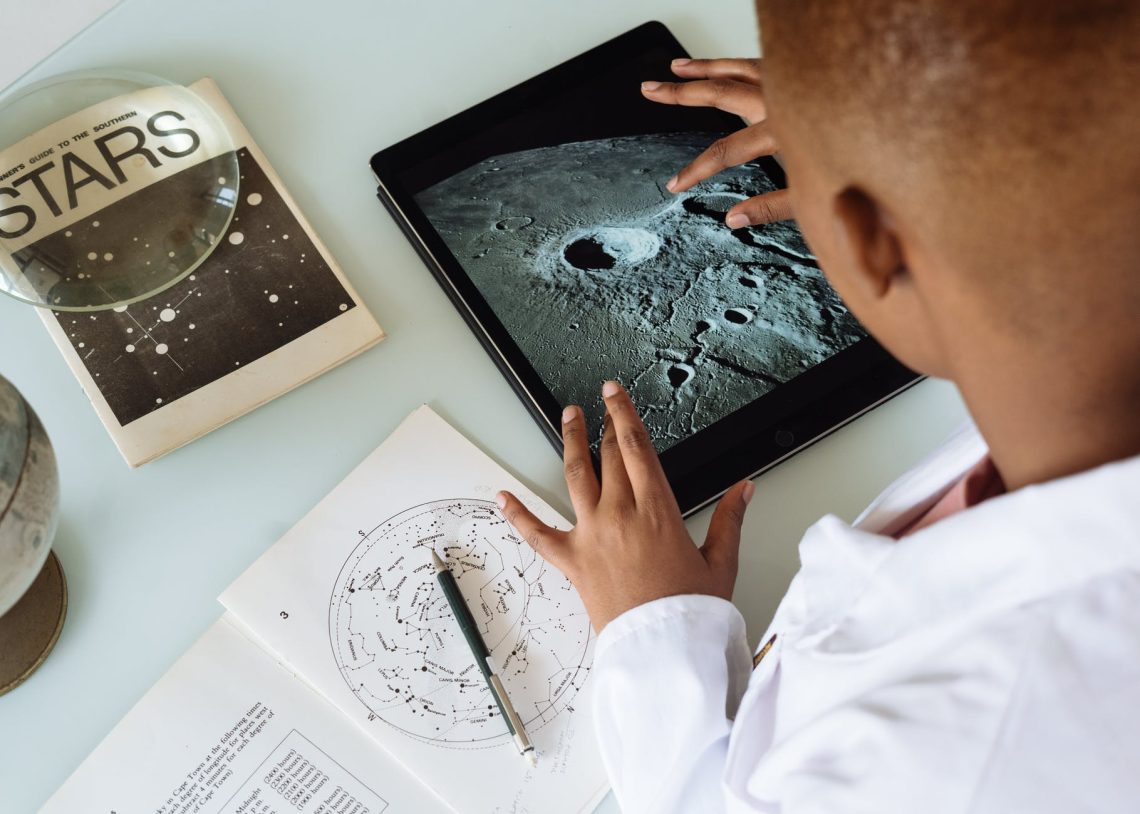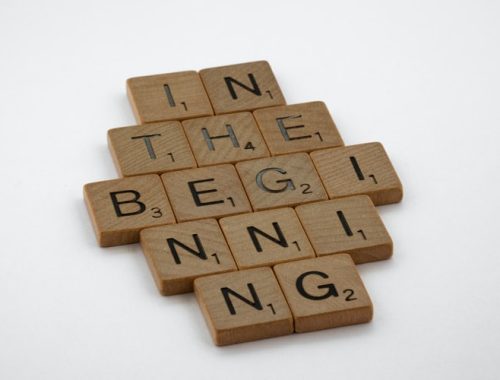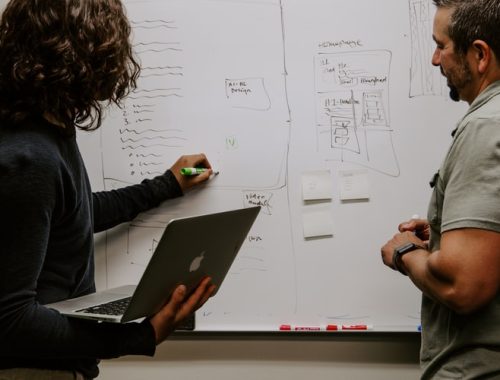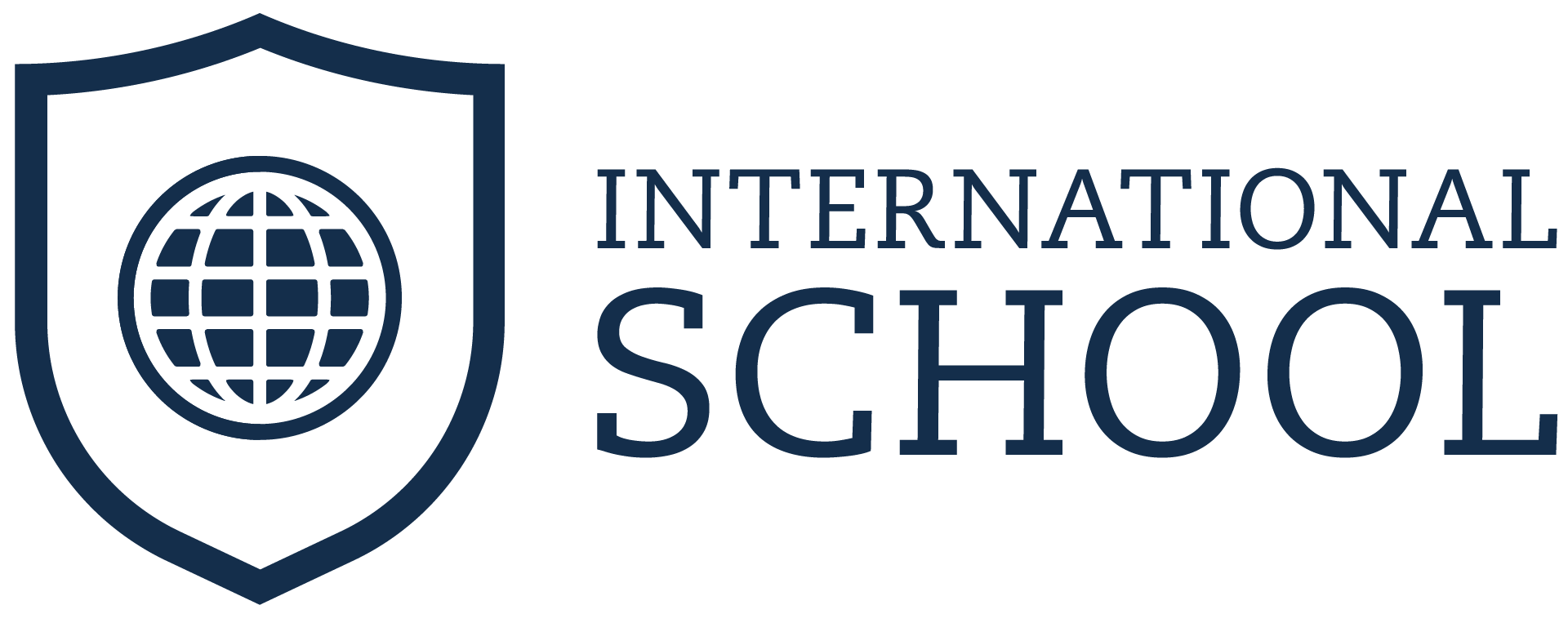The world of information and communication has changed. If you are over thirty years old, most likely you have been forced to migrate into a place in which there is much less time needed to find and share knowledge; a place where technological innovations have somehow taken over our environment; an era when not only families, but also human relationships themselves show different configurations. Now, think about the children, teenagers, and young adults. Are they immigrants or were they born in this above-mentioned world?
The XXI century now invites students to be fully connected with this demanding world and also WITH THEMSELVES, forcing them to develop according to soft skills like self-consciousness, empathy, and social responsibility – the so-called XXI century competencies. Therefore, students must be prepared to go beyond school content and not only learn from disciplines as hard tools, but also be emotionally prepared for life. Mind you, it has been 20 years already since the turn of the millennium. That being so, it is high time those skills were dealt with naturally.
Studies have shown that approximately 65% of the professions our students are going to pick to pursue STILL DON’T EXIST. How crazy is that? However, it is clear that they need to speak English, be familiarized with technology, have their cognition challenged all the time, and, especially have their emotional intelligence developed.
The XXI century skills have become the norm inside education institutions because life itself is going to demand students a much bigger number of complex tasks revolving around both professional and personal life. Moreover, this is exactly what schools must do: form people holisticallly.
Students have to be exposed to activities in which they have to think fast and use their creativity to solve problems, for instance. Due to the complexity of the tasks, they are hardly ever going to be working alone, so teamwork is more beneficial in such scenario. Hence, collaboration, patience, and active listening is of utmost importance to succeed. Using ethics and awareness of the society around them, students cannot disregard sustainable solutions in social projects. Their rhetoric and presentation skills, communication and voiced opinions will have to be part of all this, too.
Especially in high school, the pressure to choose a career at such young age and of course entering a public university will merge with the needs of the century, and take a huge tow on students’ emotions. That is why at this stage, the BNCC promotes the development of students’ self-esteem, self-knowledge and fosters autonomy. The projects will also invite students to reflect upon life and both their professions and attitude towards the future.
All in all, the school nowadays is responsible for exposing students to content and also to develop their minds to become full-fledged citizens. Actually, socioemotional skills have been part of school life since the 90’s, but they have been given a special place in the turn of the century. Families also have a share in backing up this schooling process, by getting interested in the development of their child, participating in projects and school events and, especially, giving them emotional support.
How do you and your colleagues encourage family engagement in this process? Share your ideas in the comments section below.
